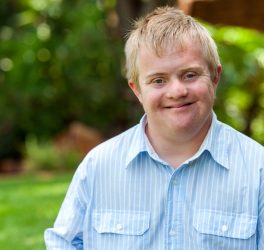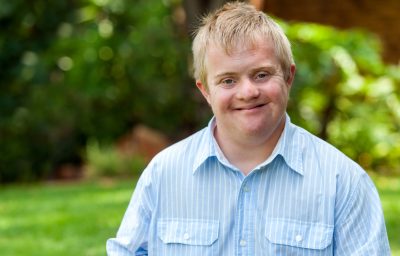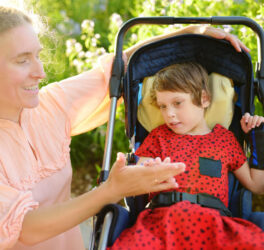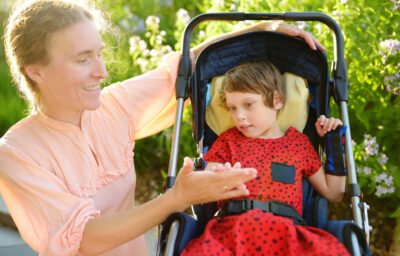
Many articles in media and research highlight the challenges experienced by children with autism. Now in an Australian-first study, Griffith University researchers have explored the self-reported best attributes, strengths and favourite activities of 83 children on the autism.
Published in Research in Autism Spectrum Disorders, the study by Dr Megan Clark and Associate Professor Dawn Adams from the Autism Centre of Excellence, found many children identified strengths in being a good person or friend and having skills in specific areas.
Physical activities such as sports or academia, namely maths and science, were the areas that children felt they performed ‘best at’. The activities children enjoyed most ranged from socialising with friends to technology and gaming.
“Autism research is gradually shifting towards a strengths-based focus that counteracts the predominant deficit-based disability framework,’’ explained Associate Professor Adams, Deputy Director of the Autism Centre of Excellence.
“Until recently, self-reported strengths-based autism research has focused on adults, with little research exploring similar positive attributes in children on the autism spectrum,’’ she said.
“Self-report is invaluable, providing individuals with an opportunity to share their own thoughts, feelings and perspectives firsthand, which can then be added to information from others such as family members and parents.
“However, self-report has not been used to ask children on the autism spectrum about their strengths, until now.”
“While the strengths-based research in the field is continuing to grow, research has yet to explore how the expression of strengths may vary depending on the child’s environment,” Dr Clark said.
“Various aspects within each environment may be impacting children’s ability to use their strengths, some encouraging strengths, while others may mask a child’s strengths altogether.”
Parents indicated that ‘an inclusive community environment’ supported children to show their strengths when outside the home.
The study also identified things that made it difficult for children to use their strengths. Children’s anxiety, poor health and wellbeing were the leading factors which stopped children being able to show their strengths at home. Social and emotional challenges were common barriers to strengths at school.








